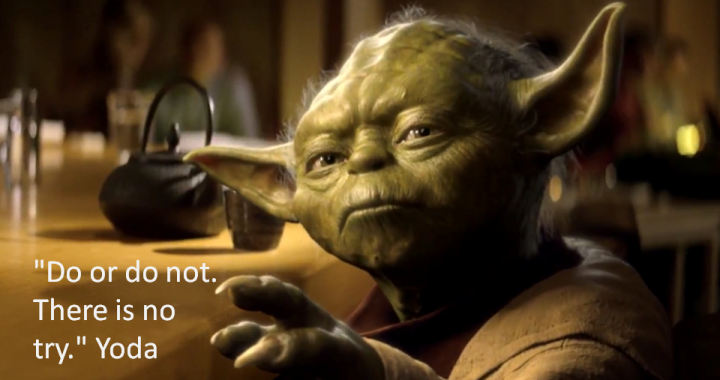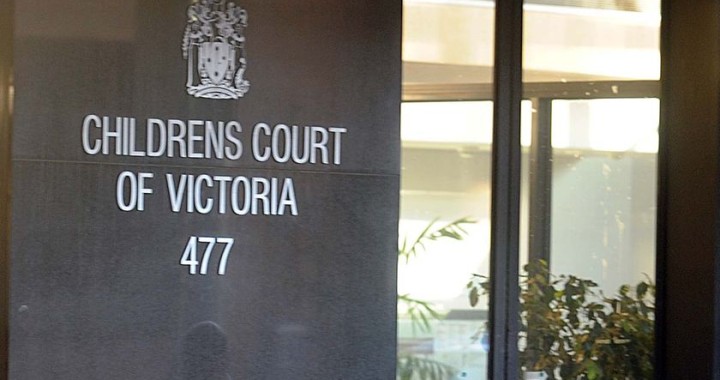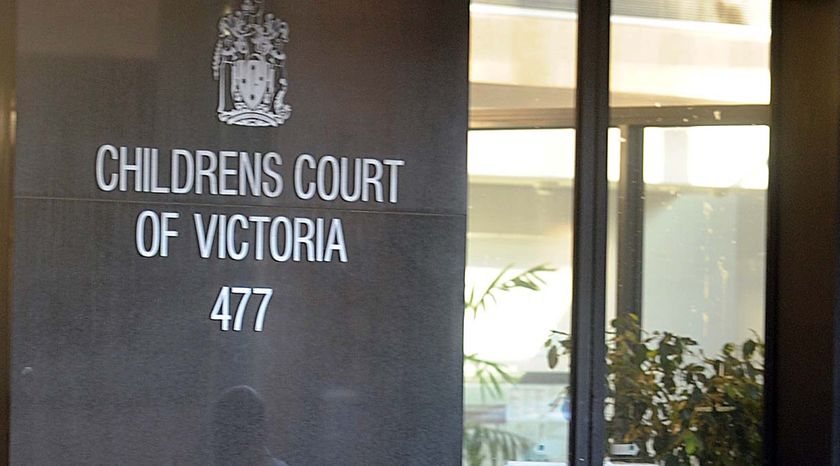 I want to become a youth worker
I want to become a youth worker
Over the years I have had hundreds of people speak to me, email me, message me on Facebook even get their parents to reach out with the basic intent of asking the best way to become a youth worker. Honestly I get asked this question so much that I have decided to put it into a post for prosperity sake… and so I had somewhere to point people when they ask. I say this so often it has become a bit of a spiel so stay with me and by the end you will have a clear guide on how to become a great youth worker.
Its a process to become a youth worker, whether your just dipping your toe in the water to see if you want to take it up as a career or you have applied for your first job these steps will help you to make the best go of a long career in youth work. If you are able to address all of these steps then you will be in a fantastic position to land a job and last the distance. One of the main reasons there is such a high turnover in the youth sector is that people do not go into it with their eyes wide open. They are passionate and excited, but passion and excitement will only take you so far. You need a solid foundation from which to begin or as the statement goes ‘your house will get washed away’.
[Tweet “Can you answer, “why do you want to become a youth worker?”.”]
Why do you want to become a youth worker?
The first and probably most important question you need to be able to answer is why you want to become a youth worker. This question is the first I ask when interviewing people for youth work positions. A version of it was the first I asked when getting volunteers. It is the most discerning question for a long future in youth work. If you do not have an answer as to why you want to be a youth worker STOP right now and work on it. Before you do anything else towards becoming a youth worker get this right in your head.
Here are a few answers to steer away from.
- “I just really love kids”.
- “I have had a lot of trouble in my own life”
- “I have coached kids and I think I can do this easily”
- “Those kids just need someone to guide them”
- “I can keep them on the straight and narrow”
- “I’m a parent of teens, so I understand young people”
If your answer to the youth work question is something along these lines you need to do a lot of work on yourself first. Whenever I hear one of these answers my skin literally crawls. for one reason or another broken people who look for closure to their own inadequacies seem to drift towards youth work. People who haven’t dealt with their own demons before wanting to work with young people are always dangerous. The other side to this is people who think anyone can do youth work. Its not that hard. I coach a team two hours a week. I have a teenager who I see for a few hours a day. Surely its not that hard to do youth work.
These people show a few inadequacies that lead myself and others to point them away. Firstly, they lack a depth of personal insight. Secondly, their view of working with young people is severely limited. Finally, their focus is on themselves not on the young people they seemingly want to serve. If you truly want to be a youth worker it is a path of walking along side young people. It is not a time for your own issues to haunt you. It is about providing the support young people need to reach their goals.
If your answer to the youth work question is that you want to see young people supported by people who care and are well trained. If you want to see young people reach their potential. See a world where young people are seen and dealt with justly. Then you might have what it takes to become a youth worker.
Understand your values
What makes you tick? What gets under your skin? What makes you get up out of bed on a dreary day when you feel awful? Having a solid understanding of your values is core to how you will function as a youth worker. There will be days as a youth worker that will stretch you to your limits. Days when your young people disappoint, when funding bodies take your program funds, when suicide visits your doorstep and when the worst of humanity is all around. What will you do then?
You need to understand from the outset that the mountaintop experiences are rare. Youth work is hard work. You need to know what will tip you over the edge. You also need to know what will keep you going in those tough times. Your vales are what anchor you to your mission. If that mission is to support young people you need to be fully aware of your values and how they will bring you down and build you up.
If you need a prompt try the Core Values Audit.
Core Values Audit
What type of youth work do you want to do?
Youth work is one of the most amazingly diverse professions. Anywhere and everywhere you can imagine a young person there is a subsequent role for a youth worker. From sports and recreation to street outreach to education there are roles galore. They may have differing names but the overall role has similar points of focus. Do you want to become a youth worker in the justice system or with homeless young people? What about young people with drug issues or mental health concerns? For local government or a not for profit? Perhaps you would even work in a religious organisation.
The types of roles available need to fit your values and your reason for entering the sector. If you want to work with homeless young people think of the roles where you will come across young homeless people e.g. housing, health, drug and alcohol, family counselling or perhaps even street outreach. It is worth taking your time and searching the job boards to see what is out there before you become a youth worker.
Volunteer first
Once you have the above sorted out its time to volunteer. Volunteering provides youth opportunity to understand the area you want to work in and see if it is really for you. Get to know the policies and procedures. Start building a network. Get some runs on the board. Begin to work with young people under supervision.
Many youth services have a set process for recruiting volunteers that is coordinated by a volunteer manager. You may be asked to send a letter and your resume or to fill in an application form, then be asked to attend an informal interview. Some youth services run information sessions at set times during the year as first step for new volunteers. These organisations will also check your backgrounds by conducting a reference check, working with children checks and police checks.
Your volunteerism will always look good when you seek to get educated in youth work, when you seek placements and ultimately when you seek a career.
Read something
Every year more and more quality youth work texts are being published. Journal articles published by reputable academics and front line practitioners are available online. Blogging has brought the best and brightest to the masses. There is no excuse for not reading about youth work. It is at the core of all great youth workers that they read with passion. They read everything they can on the topic.
If you need a starting point read “Pedagogy of the oppressed by Paulo Freire” Advancing Youth Work edited by Dana Fusco” and “Youth work ethics by Howard Sercombe”. These three books will give you a good beginning to think about the current and future opportunities within the youth services sector. Read a journal article or two or more. Read the Journal “Youth and Policy” as a great starting point. Read a blog. Just read about youth work. It will all help to frame your future.
Get some training
On your journey to become a youth worker you need to look at some training. You need to get your first aid certificate. Youth mental health first aid is also a really important piece of training to have. Go to everything you possibly can that will provide you with some knowledge on how to work with young people. Get on every mailing list that will provide you with up to date training. Your peak bodies are a good start. Make sure it is reputable training and is well respected in the sector.
Here are a list of the first trainings we believe all youth workers need to have:
- First aid
- Youth Mental Health First Aid
- Applied Suicide Intervention Skills Training (ASIST)
- Introduction to drug and alcohol
- DISC
Network
One of the main differences between a good youth worker and a great youth worker is their ability to get things done in a timely manner for the young people they support. Whether it is helping them find work, get a medical check up, enter a rehab facility or any other thing we do being able to refer them on to other agencies and have them picked up by those agencies is key to great youth work. To do this you need an exceptional network. You need to know all the key youth workers in your local area as well as those in your area of practice.
Peak bodies are a great place to build this network. Through attending training and meetings you will start to build the wide network that will help you in years to come. If you stay in the sector long enough you will get to know many of they key players… Theres not that many. Also, if you are not on
Linkedin.com you need to be. It is the most used professional networking tool available. If you need somewhere to start
add me on LinkedIn.
Get an education
Youth work education is ever growing and developing. From one year Certificates and Diplomas to three year Bachelor degrees and even higher still Masters and PhDs. As youth work becomes more professional so to is it more important to gain qualifications. At Ultimate Youth Worker we believe that all youth workers should aspire to be highly qualified. In Australia this means looking to three year Degree programs instead of one year Diplomas. Start with the short courses if you must but aspire to more.
A good education program teaches you not only how to do youth work but asks you to think about why you do it. They will make you reflect critically on how and why we serve young people. They will stretch you through reading and challenge you through assessment and in the end you will have knowledge and wisdom to use it. Check out who the lecturers are before you sign up to see if they have experience and if they have been published.
Make the most of your placements
When you finally start studying youth work you will have to embark on some sort of placement activity. It is often a harrowing experience and one which will stretch you significantly. Make the most out of it. If you can choose an area you are interested in. If not try to get something that aligns with where you see yourself working. In my experience well over 50% of students gain work from their placements. Treat it as the most extended job interview you will ever do. Ask heaps of questions, be a sponge. Take the initiative and try your best. Most of all gain as much knowledge of the practice area as you can.
Never stop learning
This should be self explanatory. If you think you know it all it is time to leave the sector. Read every week. Attend events and conferences. Study and attend training. Never stop learning. I have been a youth worker for 15 years. I know a fair bit, I impart that knowledge here and when I lecture. I still take every opportunity to meet with colleagues and learn something new. It is the only way to stay current and relevant in a sector which changes so frequently.
So that’s it. How easy is it to become a youth worker. All you have to do is:
 Work out why do you want to become a youth worker?
Work out why do you want to become a youth worker?- Understand your values
- Know what type of youth work you want to do
- Volunteer
- Read
- Go to training
- Network
- Get an education
- Make the most of placement opportunities
- and never ever stop learning.
Take this list and work through all the tips and we guarantee you will become an awesome youth worker. It is a process. You need to take little steps in the right direction. Do you think we missed anything??? Let us know what we need to add by emailing us.
If you want to know more about youth work sign up to our newsletter below.

 I was also wondering if I am in the right place as the leader of this organisation. I asked myself a question that I am often asked, ‘if you weren’t a youth worker, what would you be?’. In my solitude I thought of the early days of my youth work career on camps and day trips. As a young man I thought my career was going to be in the military. I trained in land navigation, hiking and a bunch of other skills for that career. These skills all came in handy during those early years. Perhaps I could be a wilderness guide??? I love the outdoors and the solitude it provides. There is something primal about being alone in the bush that brings you to a place of reflection. I learnt many skills in those early days which I still use today. Leadership. Self-reliance. Team work.
I was also wondering if I am in the right place as the leader of this organisation. I asked myself a question that I am often asked, ‘if you weren’t a youth worker, what would you be?’. In my solitude I thought of the early days of my youth work career on camps and day trips. As a young man I thought my career was going to be in the military. I trained in land navigation, hiking and a bunch of other skills for that career. These skills all came in handy during those early years. Perhaps I could be a wilderness guide??? I love the outdoors and the solitude it provides. There is something primal about being alone in the bush that brings you to a place of reflection. I learnt many skills in those early days which I still use today. Leadership. Self-reliance. Team work. Today, I find myself working on my car. I had to change my battery as it was dead. I looked at the engine bay and had a moment where I thought I should just call roadside assistance to have them do it. Then I reflected on my first career choice. You see, before I became a youth worker I was a mechanic apprentice. I loved cars, particularly Ford V8’s, and it seemed like I could bring my passion for cars together with a means of making money. I didn’t last very long. I loved working on cars, I hated working to such short timeframes as people wanting their cars back in an hour.
Today, I find myself working on my car. I had to change my battery as it was dead. I looked at the engine bay and had a moment where I thought I should just call roadside assistance to have them do it. Then I reflected on my first career choice. You see, before I became a youth worker I was a mechanic apprentice. I loved cars, particularly Ford V8’s, and it seemed like I could bring my passion for cars together with a means of making money. I didn’t last very long. I loved working on cars, I hated working to such short timeframes as people wanting their cars back in an hour.











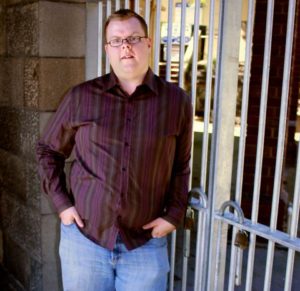 Unfortunately, there will always be people and organisations who see a criminal record and take that to mean you are unsuitable. These people and organisations will judge you without the opportunity for explanation or recourse.
Unfortunately, there will always be people and organisations who see a criminal record and take that to mean you are unsuitable. These people and organisations will judge you without the opportunity for explanation or recourse.  I want to become a youth worker
I want to become a youth worker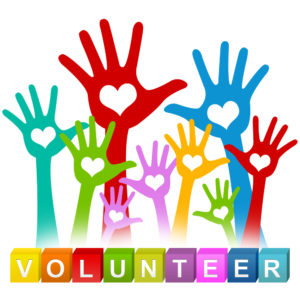
 Work out why do you want to become a youth worker?
Work out why do you want to become a youth worker?
 Recruiting Ultimate Youth Workers…
Recruiting Ultimate Youth Workers…


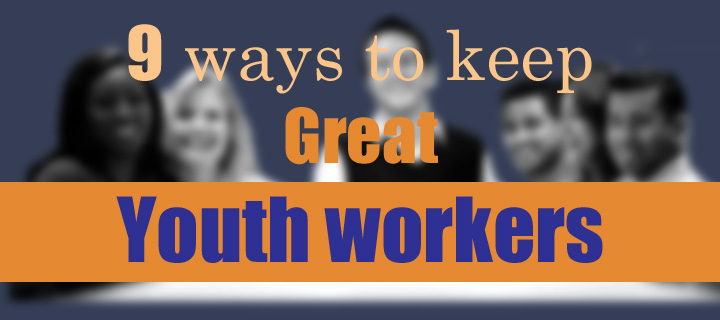
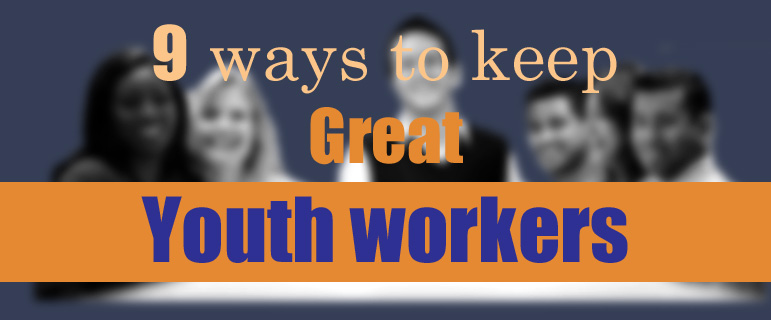 How do you keep great youth workers?
How do you keep great youth workers?
